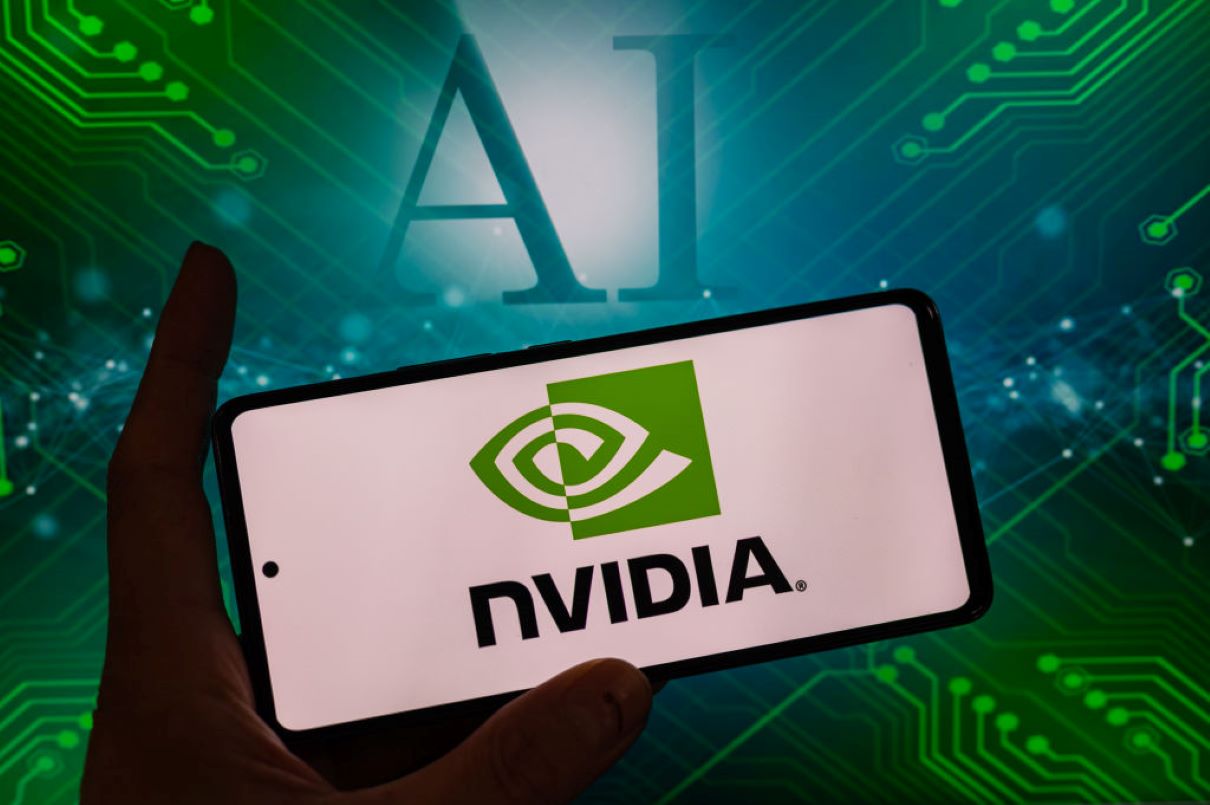
The growing use of generative artificial intelligence (genAI) is causing a “titanic shift” in the healthcare space through improvements to the drug discovery process, as per NVIDIA’s vice-president of healthcare, Kimberly Powell.
In a conversation with Pharmaceutical Technology, Powell described AI as a tool that could significantly cut costs and reduce the timeframe to get a drug to market in the clinical development process.
In 2023, the AI company has been in the news through announced partnerships to forward genAI’s use in the pharmaceutical industry. In January, NVIDIA announced the discovery of two proteins within a collaboration with Evozyne, a genAI-focused biotech, and had recently announced a partnership with Atlas Meditech, a brain surgery intelligence platform.
Tools for techniques such as cryo-electron microscopy and the expertise needed to operate them can cost companies several millions of dollars, says Powell.
Furthermore, drug discovery using older methods can take several years. Powell says genAI models such as Alphafold have been able to take amino acid sequences and predict their structure, significantly increasing the speed of mapping. Google DeepMind, an AI industry leader, developed AlphaFold as an AI programme that makes predictions of protein structures.
NVIDIA is also partnering with several smaller companies and startups through its NVIDIA Inception programme. The free programme helps startups with “technical training, go-to-market support and AI platform guidance”, as per NVIDIA’s website.
Powell explains that within these partnerships, the larger company gives companies in different industries, the platform to market their businesses and propel their development. She also says NVIDIA has a few collaborations in the works that will be announced in the coming months.
Powell spoke about the importance of collaboration within the genAI space saying: “A computing platform is as good as the developers and applications that live on it.”
She added: “We are not going to have all the ideas for all the applications and we do not even want to. We want to really invite the ideas to the platform and make it better.”




